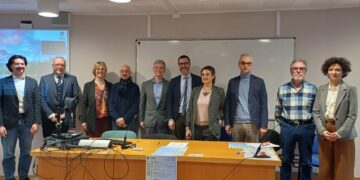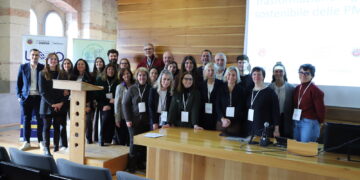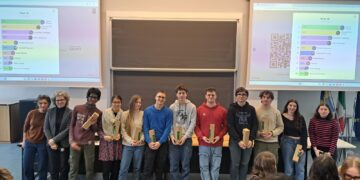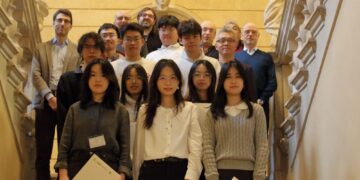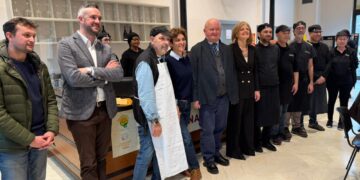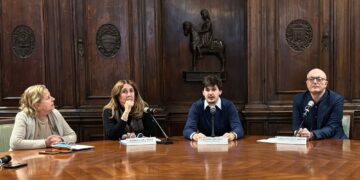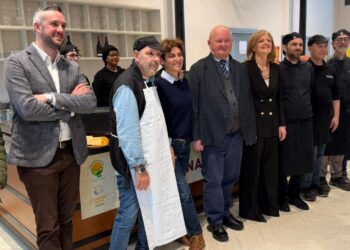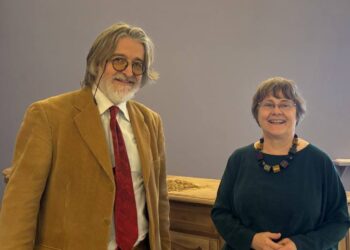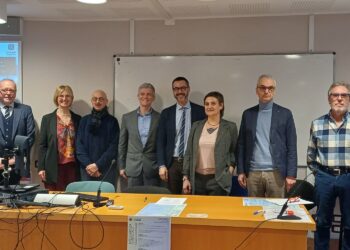On 14th January 2015, in the University building called “Palazzo Giuliari”, in the room called “Barbieri”, the so-called “Oscf”, Osservatorio sui consumi delle famiglie dell’università di Verona(National Family Conditions Observatory of the University of Verona), Department of Time, Space, Image and Society, was introduced. The Director of the so-called Oscf is Domenico Secondulfo and the centre studies the role of family in consumer behaviour, it deals with consumerculture and with the history of thesociology of consumers through editorial initiatives, researches, meetings and national and international seminars. The research activities led by the so-called “Oscf” are divided into two macro areas: the role of Italian family in consumer behaviours and the sociology of consumers and of consumerculture.
The latest study led by the observatory researchers is entitled “C’è crisi e crisi. Le famiglie veronesi di fronte alla crisi economica” (“There are Different Kinds of Crisis. How Families from Verona face the Economic Crisis”). From 28th November to 7th December 2015 theymonitored how the families from Verona use products.According totheteam members Secondo Secondulfo, Paola Di Nicola, Fabio Marzella, Lorenzo Migliorati, Luca Mori, Francesca Setiffi, Sandro Stanzani, Luigi Tronca and Debora Viviani, the Verona economic contest perceives the effects of the crisis lesser than other contests. 16% of the families from Verona are in serious trouble, while 31% of the rest of the Italian families live in the same condition. The reasons of this difference depend mainly upon the situation of the Veneto region and, in particular, upon the situation of Verona. In Italy, Verona is one of the cities with the best general lifestyle. The families from Verona have few worries for the future. This situation depends mainly upon the fact that they have a greater habit of wise spending and using styles and upon the fact that the production system is able to take young people in. Indeed, the lesser unemployment of young people offers a double advantage to families from Verona: a lesser objective economic increase and few fears for the future. Moreover, people from Verona are very careful consumers: they care not to waste and they care about prices, offers and sales promotions. They use products with the aim of buying lesser quantities of them, with the aim of not considering expensive products, but they don’t part with goods of quality. These features help to know how the families from Verona have few fears for their current situation and for the future and have not changed their using habits, although striken by the economic crisis and obliged to change their consumptions in a negative way. Then, the families from Verona are located in the middle income and lower middle incomesegmentsmore than other Italian families. The research underlines that the behaviour of the families from Verona change the meaning of the ancient maxim "A contented mind is a perpetual feast" in a positive way because they show that a right appreciation and use of products matches with few worries for the future and with a greater feeling of wealth.





